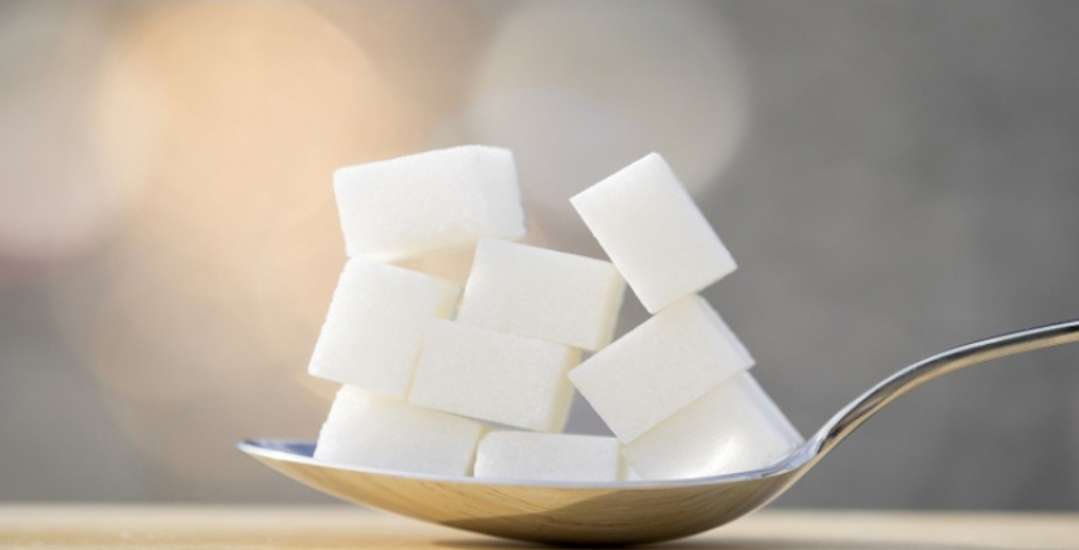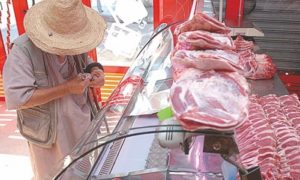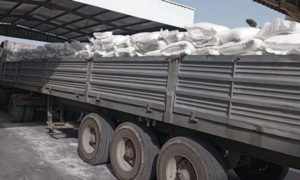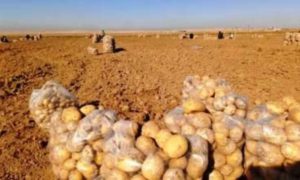Sugar is considered a staple product for Tunisians and food manufacturers.
Amid a constant scarcity that has gripped the market for months, supervisory authorities are actively operating to salvage the sugar industry.
The Tunisian market, which requires about 360 thousand tonnes of sugar annually, is grappling with a substantial shortage of this essential commodity for two key reasons: the influence of soaring prices on the global market and the inability of local factories to meet consumer demands.
In this context of imbalance between supply and demand, the local production system must rely on three factories, with the largest being public and the remaining two being private. Unfortunately, one of the private units is currently facing financial difficulties, leading to its closure.
A market that depends on local production
The Tunisian market heavily depends on the production of the public factory, delivering between 650 and 700 tonnes of sugar per day for both household and industrial consumption.
Nevertheless, the industrial unit established in 1960 is grappling with issues, mostly stemming from the obsolescence of equipment. This has led to a drop in the production capacity of the state-owned factory to 300 tonnes per day during the current year.
To address the shortfall in sugar supply, authorities are researching solutions, including imports from Algeria and Egypt. Following the visit of the Head of State Kaïs Saïed to the industrial unit of the Tunisian Sugar Company in Béja on December 5, the Presidency of the Republic, in a press release on its official page, highlighted the urgency of taking measures to save the company.
Injecting funds into the company is important to rebalance the market. By sustaining and improving the factory’s production capacity, it will be possible to meet consumer needs and prevent substantial foreign currency expenditure on imports.
However, the success of the rescue operation hinges on considerable funding for renovating the factory, considering that the last major maintenance operations date back to 1993. Estimated costs for renovating the unit’s equipment are projected to be between 50 million and 70 million dinars, accounting for high debts and overall restructuring.
Investments directed towards preserving the local sugar industry will not only immediately enhance operating capacity but also decrease the reliance on costly imports.
It’s worth noting that the industry’s foundation is the production of sugar beet at a rate of 15,000 tonnes per year. The public production unit refines between 150 and 180 thousand tonnes of raw sugar, constituting 45% of the local production.
Industry ripple effect
The sugar industry is related to numerous economic activities which create thousands of jobs in the industrial and service sectors.
Its slowing down impacts the social situation, particularly in the governorates where production units are concentrated.
The drop in the potential of the local sugar industry caused an increase in imports during the first ten months of this year.
According to official figures, this increase was 48% in terms of quantities and 67% in value to 728 million dinars, compared to 436 million dinars in 2022 and 204 million dinars in 2021.
The sharp increase in sugar procurement expenses is clarified by the sharp peak in prices on the international market, which reached around $700 per tonne on the London market, which increased the import bill.
It should be mentioned that the daily sugar consumption of Tunisians is 1,000 tonnes, half of which is intended for manufacturers and the other is intended for households.
Last November, the authorities decreed an increase in the price of sugar intended for manufacturers to 2.9 dinars per kilogram.
The State has kept the sugar subsidy intended for the consumption of households which purchase sugar at 1.3 dinars per kilo in bulk. As for sugar packaged in a one kg bag, it is offered to the public at 1,520 dinars.
Sugar in pieces and sugar in sticks caught their prices increase respectively to 4.3 dinars and 4.7 dinars per kilogram.
Tunisians are classified as heavy consumers of sugar, based on global consumption averages, with around 15 kilograms per year per person.
What's happening in Tunisia?
Subscribe to our Youtube channel for updates.

















































